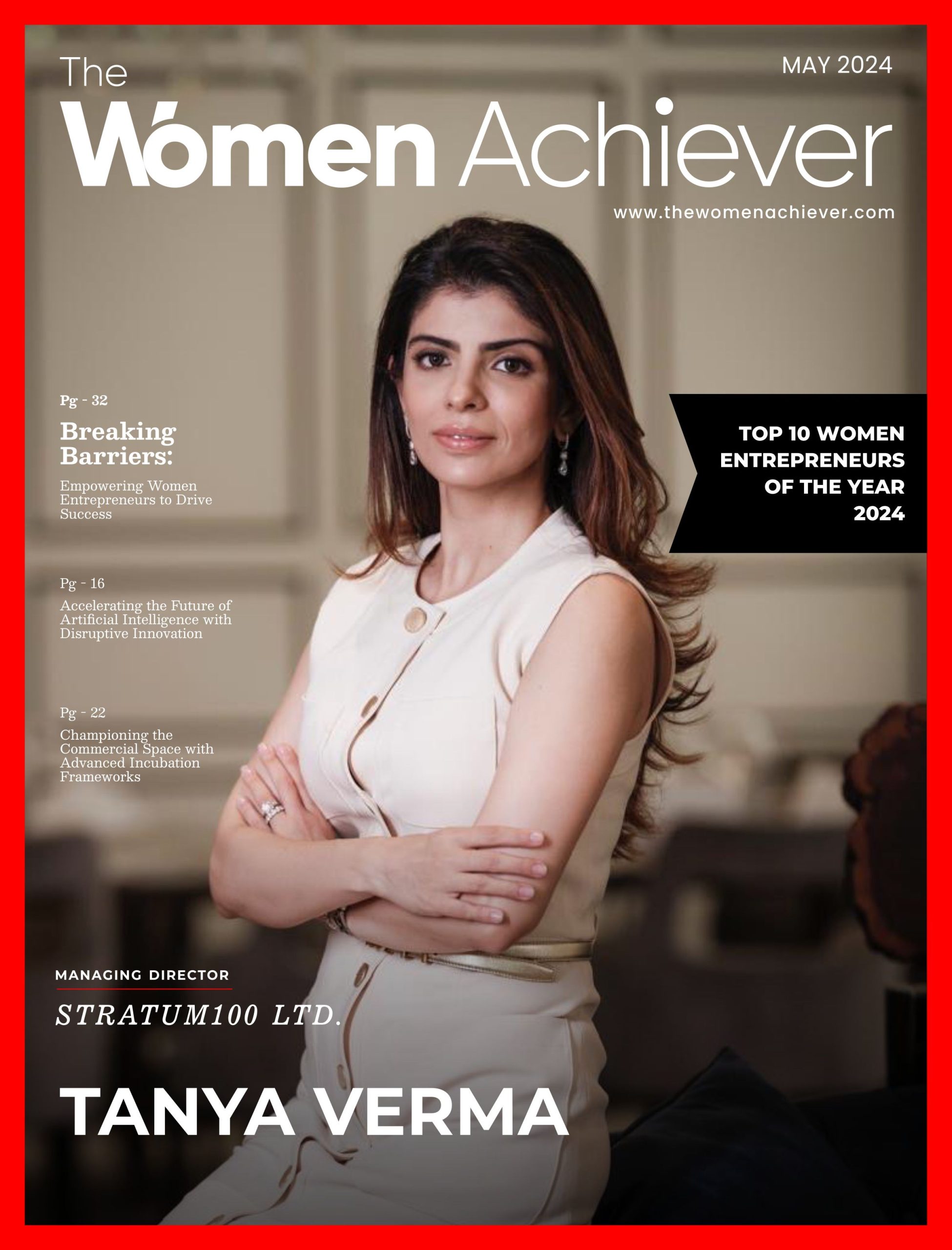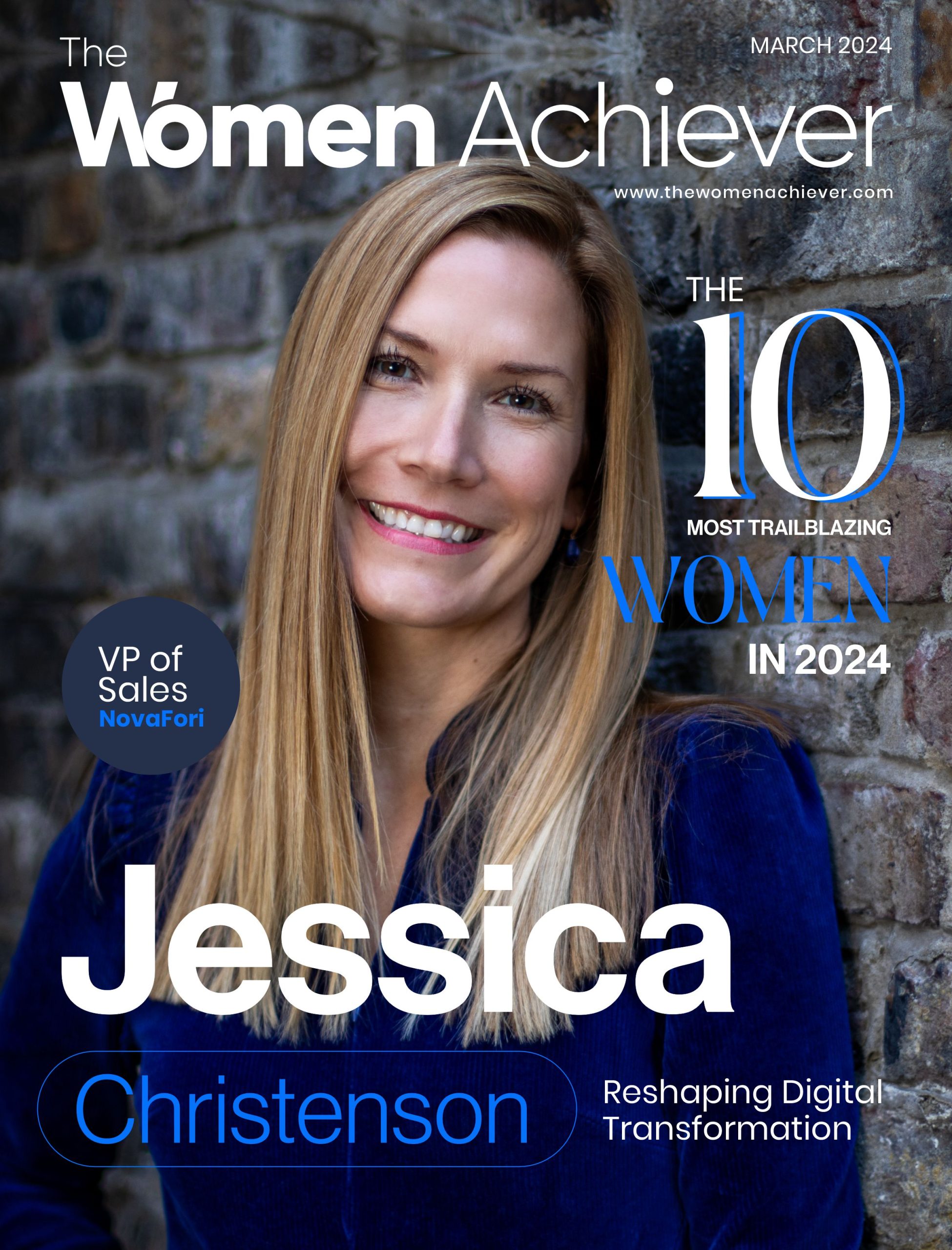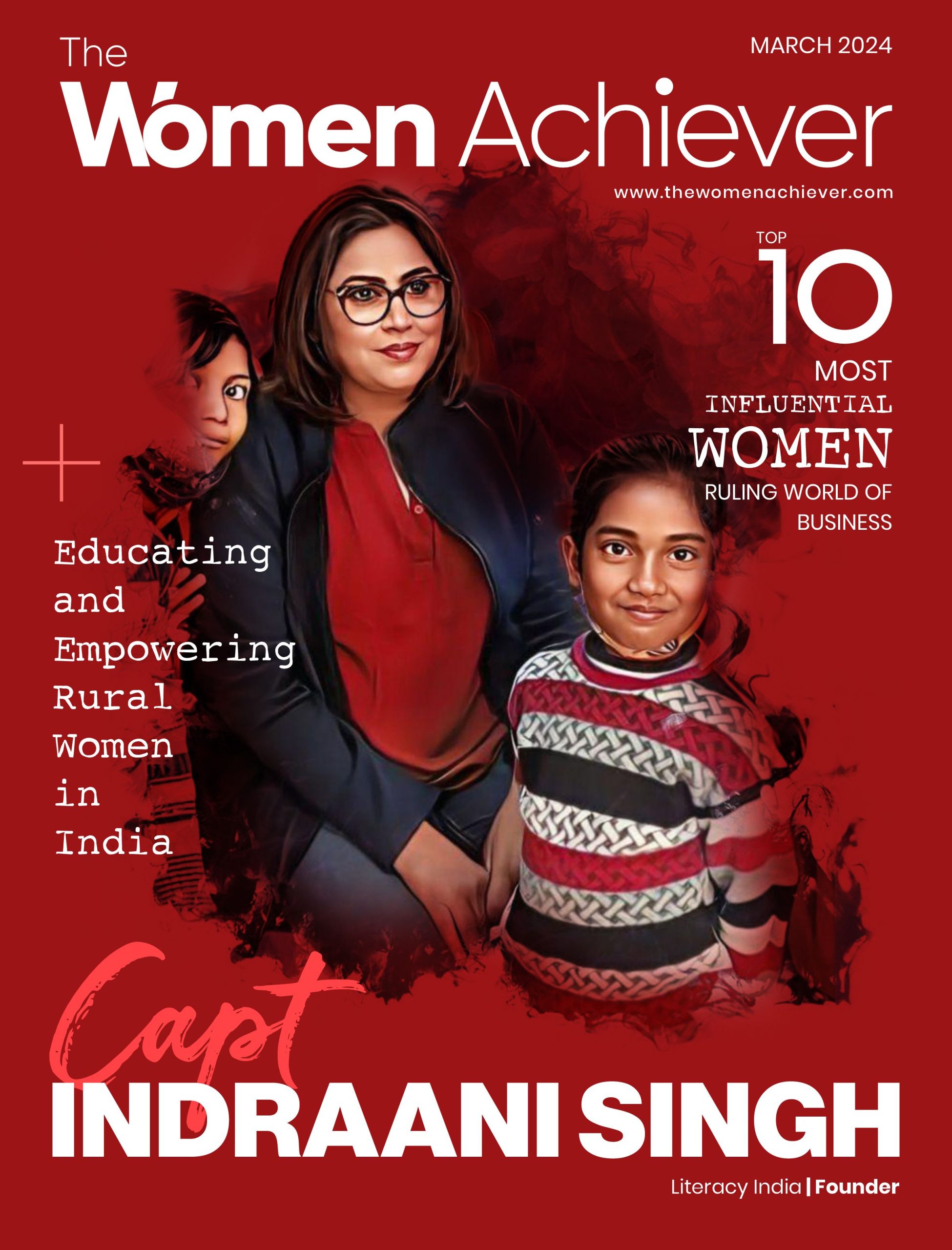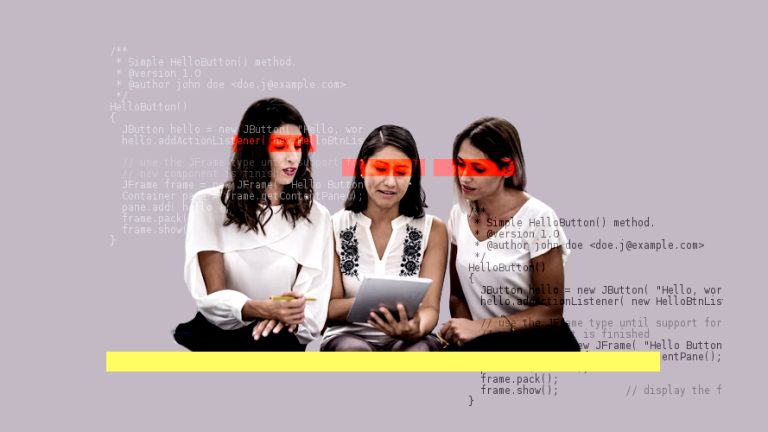Elevating women in tech, unveiling contributions of female technologists to open-source projects
Women in tech have become unheralded pioneers in the innovative world of open-source projects, sparking innovation and promoting paradigm-shifting change. The article “Contributions of Women to Open-Source Projects” in-depth examines the priceless contribution these pioneering women in AI have made. Their efforts dramatically impact everything from boundary-pushing coding to developing inclusive communities. This article reveals how their variety of viewpoints and technical proficiency has improved the open-source community and opened doors for ambitious female technologists. Celebrate these outstanding efforts with us as they continue to influence collaborative technology development.
Using Code to Remove Barriers
Women make a variety of different and significant contributions to open-source projects. They have defied gender stereotypes with their coding prowess and technical knowledge, placing them at the fore of ground-breaking projects. These female programmers have disproved the myth that coding is only the domain of men by producing software, building applications, and making contributions to programming languages.
Aiming to Build Inclusive Communities
Beyond programming, women have been crucial in creating settings that value collaboration and diversity. Their support of diversity has sparked the development of secure environments where people from all backgrounds can actively engage, learn from, and flourish. These women have started initiatives, courses, and mentorship programs to help newbies navigate the complex open-source development environment.
Promoting Change in the Technology Culture
Women’s contributions go beyond specific projects; they serve as catalysts for changing technology’s culture. They challenge the established quo by speaking against gender biases and promoting equal chances. Their initiatives have sparked conversations on the value of varied viewpoints in problem-solving, eventually creating creativity and resilience in the digital industry.
Motivating Upcoming Generations
Women’s contributions to open-source projects have an impact that extends beyond the present and creates a legacy for coming generations. These women become sources of inspiration by taking on leadership positions, providing guidance to budding developers, and sharing their experiences. Their experiences demonstrate the boundless potential that may be realized when obstacles are removed, and desires are fostered.
Getting Past Obstacles
It’s important to note that there are obstacles for women to overcome in open-source initiatives. Stereotypes and gender inequities still exist, presenting obstacles that demand ongoing efforts to overcome. By enticing women to participate actively, learn, and contribute, programs like “Hacktoberfest” and “Google Summer of Code” have made progress in closing this gender gap.
The Future
Women’s contributions continue to be essential as the open-source landscape changes. Their many responsibilities, which range from community organizers and advocates to designers and engineers, help shape collaborative technology’s very nature. As more women move ahead and tear down barriers, they will strengthen a sector that depends on shared knowledge and communal advancement. The future is full of potential.
The article “Contributions of Women to Open-Source Projects” concludes by emphasizing the crucial role that women have played in influencing the open-source movement. They have changed the face of collaborative technology through their brilliant coding and support for diversity. As we commemorate these outstanding accomplishments, we must keep highlighting their voices, confronting prejudices, and creating spaces where everyone may participate and flourish. Women are making their marks on the digital frontier with every contribution as the trip continues.










Add comment